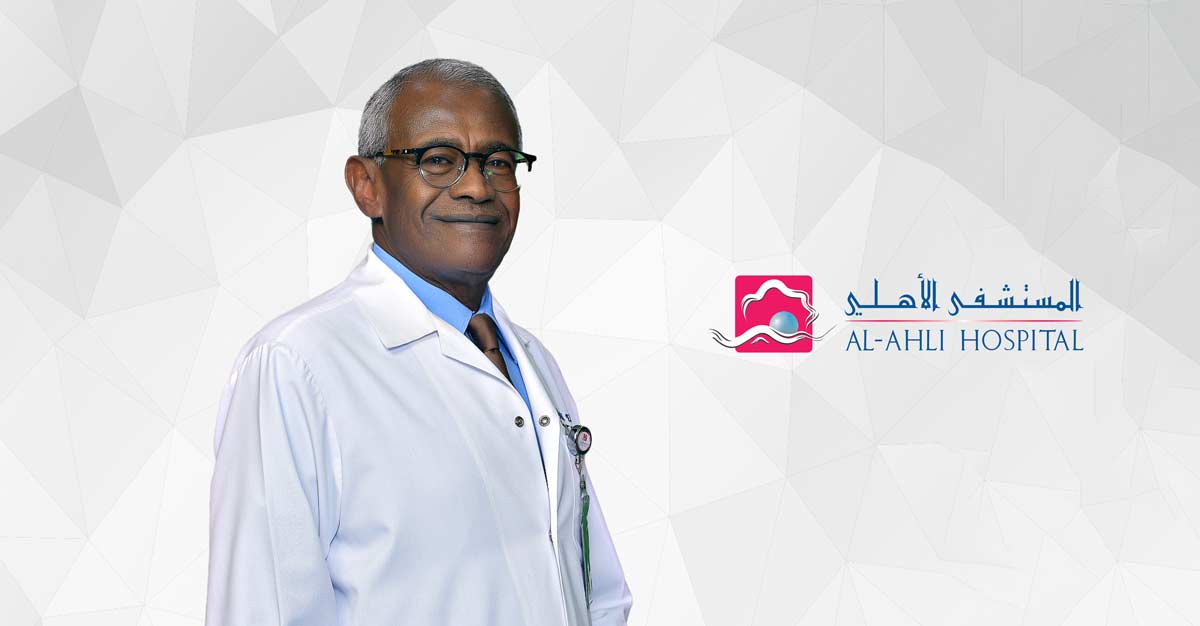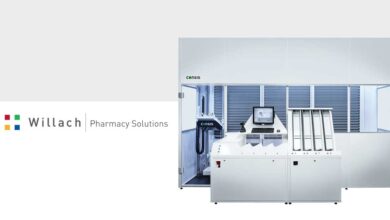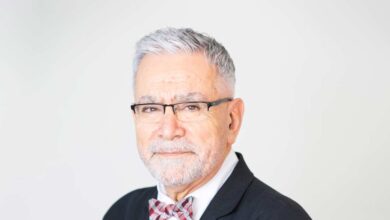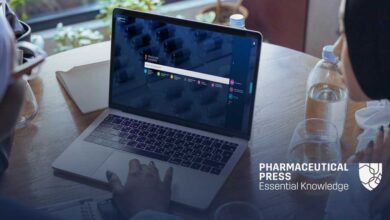Breaking the Stone: Understanding & Preventing Kidney Stones
Dr. Elfadil El Malik, Consultant Urologist at Al-Ahli Hospital/Qatar

In a region known for its soaring temperatures and long summers, kidney stones are not just a medical concern, they’re a public health issue. At Al-Ahli Hospital, Consultant Urologist Dr. Elfadil El Malik has treated hundreds of patients suffering from the excruciating pain of kidney stones. His message is clear and timely: kidney stones are preventable, treatable, and should never be ignored. In this exclusive feature, Dr. El Malik explains what causes kidney stones, who is at risk, how they can be treated, and, most importantly, how they can be avoided.
A Silent Stone, A Loud Pain
Kidney stones are hard, crystalline deposits that form inside the kidneys when minerals and salts in the urine become concentrated. The most common types are made of calcium oxalate, uric acid, or struvite. “Many people don’t realize they have kidney stones until they experience severe pain,” says Dr. El Malik. “It can begin suddenly, often starting in the back or side, and radiate to the lower abdomen or groin. It’s a pain patients never forget.”
Other symptoms may include:
- Nausea and vomiting
- Blood in the urine
- Frequent or painful urination
- Fever or chills (if infection is present)
Why Are Kidney Stones So Common in the Gulf?
Dr. El Malik explains that environmental, dietary, and lifestyle factors contribute to the high incidence of kidney stones in Qatar and other Gulf countries.
“The hot climate leads to chronic dehydration, which means the urine becomes more concentrated. That alone increases the risk of stone formation.”
Additional risk factors include:
- High consumption of salt, red meat, and sugary drinks
- Low fluid intake
- Genetics and family history
- Sedentary lifestyle
- Medical conditions like obesity, diabetes, and inflammatory bowel disease
Diagnosis: Imaging the Enemy
Most kidney stones can be diagnosed through:
- Ultrasound: A non-invasive first-line imaging tool
- CT Scan: The gold standard for diagnosing stone size, location, and number
- Urine and Blood Tests: To detect infections, pH levels, and metabolic imbalances
- “Once we understand the size and position of the stone, we can customize the treatment approach,” says Dr. El Malik.
Treatment: From Medication to Minimally Invasive Surgery
The treatment for kidney stones depends on their size, location, and whether they are causing obstruction or infection.
For small stones:
- Increased fluid intake
- Pain relievers
- Medications to relax the ureters and help pass the stone naturally
For larger or stubborn stones:
- Extracorporeal Shock Wave Lithotripsy (ESWL): Sound waves break the stone into smaller fragments
- Ureteroscopy (URS): A thin scope is passed into the ureter to extract or laser-fragment the stone
- Percutaneous Nephrolithotomy (PCNL): A keyhole procedure used for large or complex stones
“At Al-Ahli Hospital, we’re equipped with advanced technologies for minimally invasive stone removal,” Dr. El Malik explains. “This allows for faster recovery, less pain, and better outcomes.”
Prevention: Hydration is Key, but Not the Only One
While treatment has advanced dramatically, Dr. El Malik emphasizes that prevention remains the most powerful tool.
His top prevention tips include:
- Drink at least 2.5 to 3 liters of water daily, especially in hot climates
- Limit sodium, animal proteins, and processed foods
- Reduce intake of oxalate-rich foods like spinach, beets, and nuts (especially for those with a history of calcium oxalate stones)
- Maintain a healthy weight
- Stay physically active
- Follow up with a specialist if you’ve had kidney stones before
“Once you’ve had a kidney stone, you have a 50% chance of developing another within five years if no lifestyle changes are made,” he warns.
Tailored Care at Al-Ahli Hospital
One of the key advantages at Al-Ahli Hospital is the personalized care pathway offered to each patient. Dr. El Malik and his team not only treat the stone but also investigate the root cause.
“We don’t just remove the stone and send the patient home,” he says. “We perform a full metabolic workup, review dietary habits, and work closely with dietitians and primary care doctors to ensure recurrence is minimized.”
Moreover, the hospital offers kidney stone screening packages and comprehensive urology services that are both patient-centered and time-efficient.
Raising Awareness: A Community Responsibility
Beyond the clinic, Dr. El Malik is a strong advocate for public education on kidney health. He supports awareness campaigns and corporate wellness talks that help people recognize early symptoms and adopt kidney-friendly habits.
“Many patients come to us in pain, confused, or scared. But with the right information and support, they leave empowered.” He also encourages routine check-ups, especially for individuals with a family history or other risk factors.
Final Word: Don’t Wait for the Pain
Dr. Elfadil El Malik leaves us with this clear message: “Kidney stones are a warning sign. Your body is telling you something is off. Don’t ignore the symptoms, and don’t wait for the pain to strike. Prevention is simpler than you think, and treatment is more effective the earlier we act.” At Al-Ahli Hospital, the commitment to urological health goes beyond diagnosis and surgery. It’s about creating a system of care that empowers patients to make informed choices, before stones form, not just after.














